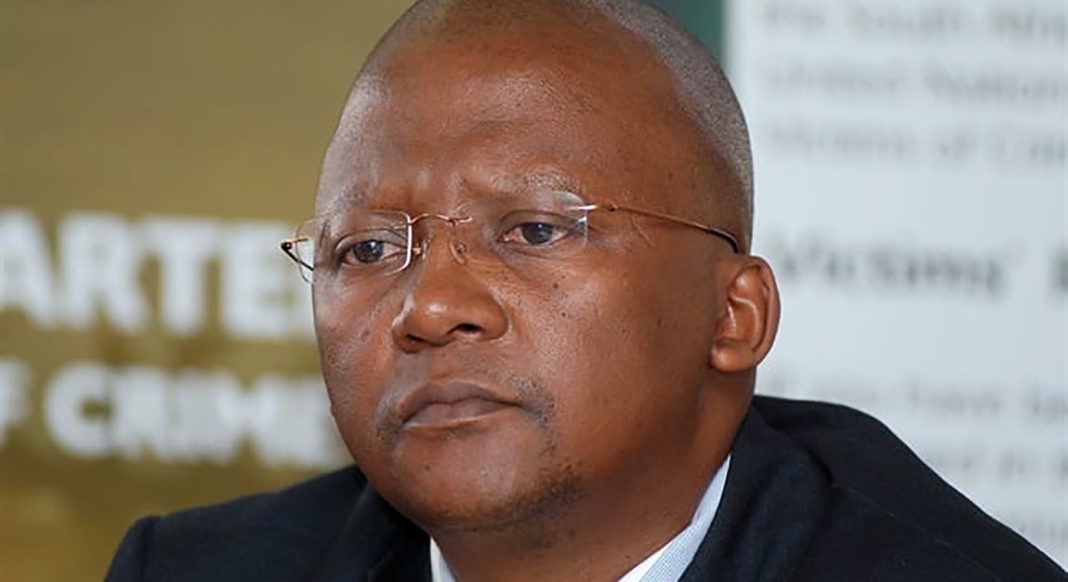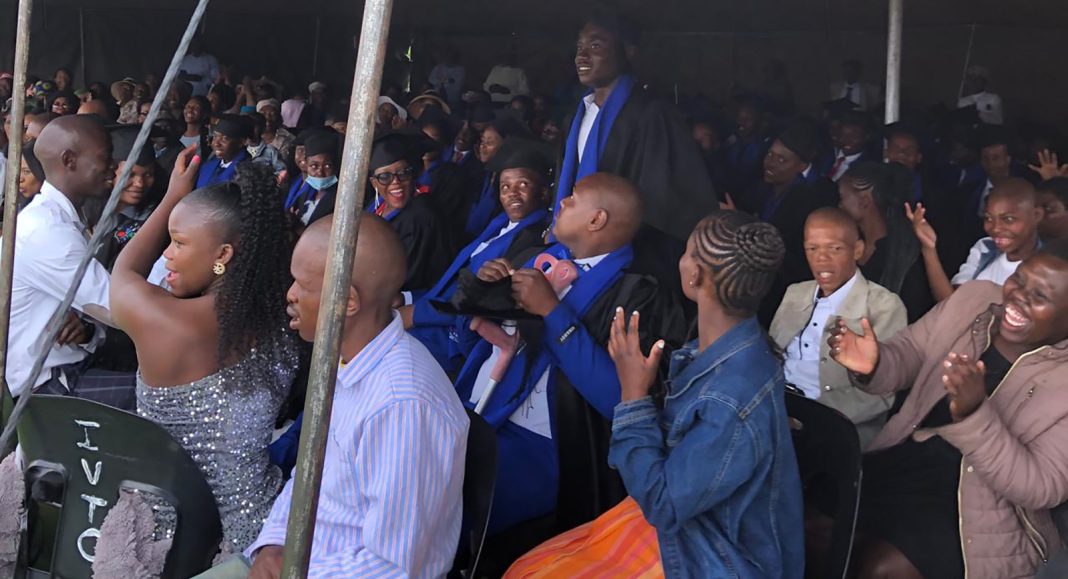Locally produced film, ‘Li Eme Ka Lekoa’ finally made its much-anticipated grand debut at the European Union film festival in Maseru on Wednesday this week.
The premiere marked the introduction of the film that is tipped to become a national treasure, capturing Lesotho’s cultural essence.
It was produced by Leonard Mopeli and written by Relebohile Sepheka. It was shot at Ha Lebamang, Roma.
”The film showcases Basotho culture and was produced by the GEM Institute as part of its ‘Wish for my daughter’ initiative. The film is set in a time when Basotho communities still followed the ‘Laws of Chief Lerotholi,’ which favoured male heirship,” said GEM Institute’s production coordinator, ‘Mataoli Mokete.
The story follows a young woman named ‘Masentle, the daughter of a chief, who returns home from university to find her uncles resisting her claim to the chieftainship.
Mokete said ’Li Eme Ka Lekoa’, which is directed by Boikarabelo Motaung and featuring a stellar cast, blends powerful storytelling with cultural authenticity, offering the audience a compelling narrative that addresses traditional and modern perspective on gender.
With a focus on educating and engaging audiences, the film explores how gender roles are shifting and challenging conventional views within an evolving social landscape.
“Li Eme Ka Lekoa not only aims to entertain but also seeks to provide valuable insights that resonate with both younger and older generations, positioning itself as a film that contributes to national identity and societal reflection.
“The film’s release is a significant cultural milestone, showcasing the richness of Basotho culture and sparking dialogue on issues that affect daily lives across Lesotho,” Mokete noted.
Furthermore, she explained that following its premiere, the film will embark on a national screening tour, starting with Maseru before reaching audience across Lesotho’s 10 districts. Each screening will be an opportunity for communities to come together and reflect on the themes of the film, fostering a deeper understanding of gender dynamics and cultural identity.
Mokete pointed out that even though the film is going places, it highlights a lack of cinemas in Lesotho, which makes screening and post production difficult.
“This is not just a film, but a source of inspiration for aspiring filmmakers everywhere. It exemplifies the power of collaboration and creativity, showcasing how diverse teams can come together to tell a compelling story that resonates with audiences.
“Throughout the production process, we faced numerous challenges, from budget constraints to tight schedules, but it was the passion and dedication of our crew that turned obstacles into opportunities for innovation,” she concluded.









